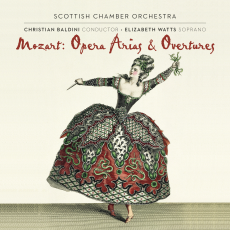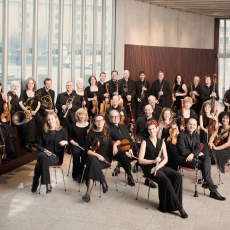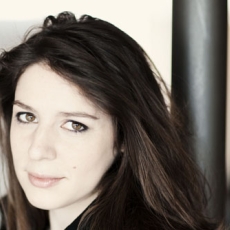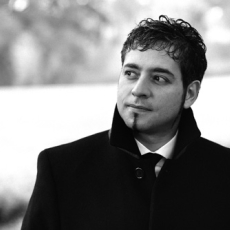Scottish Chamber Orchestra - Mozart: Opera Arias & Overtures - Gramophone
In Covent Garden's recent Don Giovanni Elizabeth Watts threatened to steal the show with her alluringly sensuous Zerlina. Even without her delightful stage presence, you can hear why in 'Batti, batti' and 'Vedrai carino', both sung here with a seductive tenderness devoid of soubrettish pouts and simpers. In Susanna's 'Deh vieni non tardar', too, Watts catches a specific quality of amorous yearning, shading to a dream of future bliss in the final bars - though she seems to want to take the aria a notch slower than conductor Christian Baldini. Since her debut disc of Schubert
Lieder, Watts's lyric soprano has gradually ripened and deepened without losing its purity. With its admixture of mezzo warmth allied to secure, shining high notes, hers is now an ideal Fiordiligi voice. In 'Per pietà' her technical mastery (immaculate runs, precipitous leaps taken with poise) and urgency of feeling make one eager to hear her in the role on stage - and frustrated that she does not also include Fiordiligi's imperious 'Come scoglio'.
Watts's intense and, again, specifically characterised singing of llia's opening number in Idomeneo, outrage and anguish softening only the major-keyed music of the aria, likewise whets the appetite to hear her in the complete opera. On this evidence her fire and spirit would be a match for any Elettra. She and Baldini surely miss a trick, though, by omitting the first half of llia's accompanied recitative, designed to follow the quiet, ominous close of the Overture without a break. If you know the opera, the hiatus will come as a mild shock. But Watts's deeply felt singing, here and elswhere, and the colourful playing of the Scottish Chamber Orchestra in the overtures, their sinewy, period-influenced Mozartian style honed under Mackerras, are fair compensation.
The track that moved me most of all was the exquisite minuet song in which Servilia pleads to Vitellia to confess her guilt to the Emperor Titus - a cathartic moment in the opera. Watts chooses an unusually broad tempo (shades here of the Adagio of Mozart's Clarinet Concerto), and vindicates it with the mingled grace and unexaggerated fervour of her singing, the orchestra swelling and ebbing in delicate sympathy.



